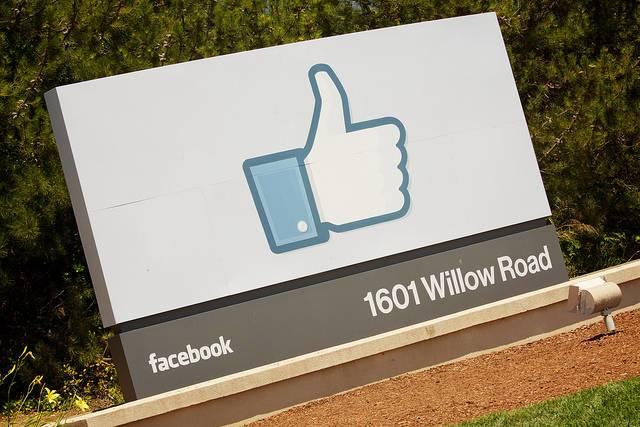
Finding affordable housing is a challenge in Silicon Valley, even for employees who work at Facebook's Menlo Park facility. Recent stories of Silicon Valley employees and families forced to live in a garage or out of the back of a renovated moving truck have galvanized attention on just how dire, though ironic, the housing situation has become in California's upper-end tech-savvy neighborhoods.
Facebook says it is attempting to address the problem. It argues that the challenge isn't just how to provide more living structures in an already impacted area but how Menlo Park, and the Silicon Valley area in general, can be better served by transforming its Science and Technology Park into a mixed-use area.
In its July 7 blog post Facebook VP of Global Facilities and Real Estate, John Tenanes, sketched a picture of what the new Willow Campus would look like.
- 1,500 living units will be constructed on site, with 15 percent of the units offered at below-market rates. Part of the idea said Tenanes, will be to reduce the traffic of commuters in the area and on connecting highways.
- 125,000 square feet will be dedicated to a mixed-retail area featuring a grocery store, pharmacy and "additional community-facing retail."
- The project will work in tandem with the goals of its Catalyst Housing Fund, which was established in 2016 to address challenges already being faced by tech employees in the area.
- The company hopes the project will also incentivize local and state governments to improve the area's transportation network, which Tenanes points out is insufficient to accommodate the region's growing needs. " Willow Campus will be an opportunity to catalyze regional transit investment by providing planned density sufficient to support new east-west connections and a future transit center. We’re investing tens of millions of dollars to improve US101," said Tenanes.
- The company is aiming to have the grocery, retail, housing and office portion completed by 2021.
Facebook's new project will dovetail nicely with efforts by Menlo Park to increase its affordable housing options. A 2012 lawsuit against the city by Peninsula Interfaith Action, Urban Habitat and Youth United for Community Action alleged that the city was violating state law by not updating its "housing element," and encouraged the city to increase its share of affordable housing.
But even the 800-some new housing permits that have been granted by the city has been insufficient to provide the adequate amount of living structures needed for its sector of the Silicon Valley community. Facebook's efforts therefore, will help.
Of course, the tech giant is right: Improving the state's antiquated transportation network is crucial to improving living conditions for millions of STEM workers. Time will tell whether the private investment of "tens of millions" by Facebook toward the this goal will convince the state and regional governments to to upgrade the highways and other infrastructure that are vital to its continuing growth.
Flickr image: Marcin Wichary
Jan Lee is a former news editor and award-winning editorial writer whose non-fiction and fiction have been published in the U.S., Canada, Mexico, the U.K. and Australia. Her articles and posts can be found on TriplePundit, JustMeans, and her blog, The Multicultural Jew, as well as other publications. She currently splits her residence between the city of Vancouver, British Columbia and the rural farmlands of Idaho.














